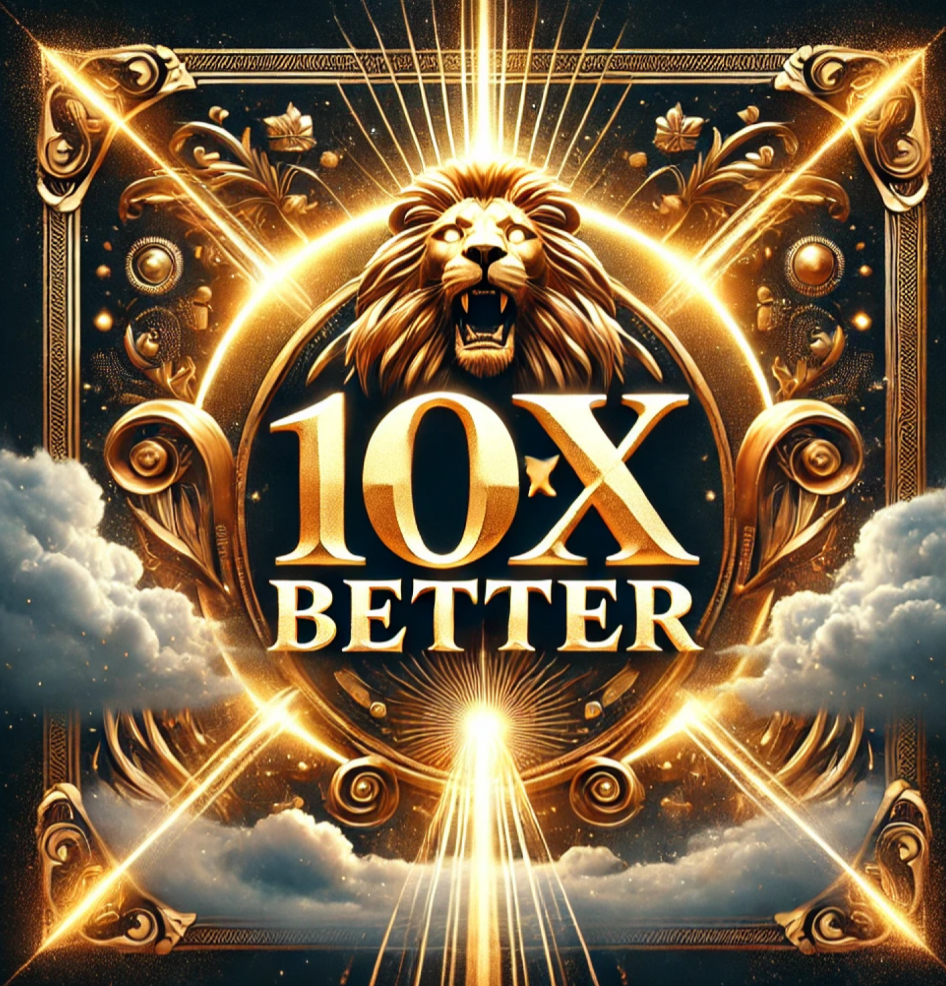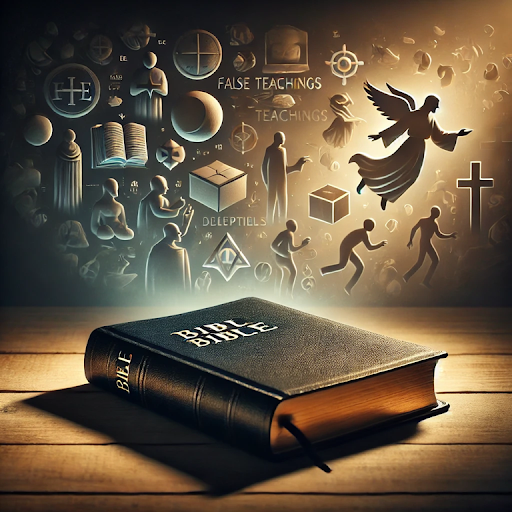The Old Testament sets the stage for the unique offices of prophet, priest, and king—roles that were critical to the spiritual, political, and religious life of Israel.
No one man could fulfill all three roles perfectly until Jesus Christ. One of the clearest examples of the separation of these offices is found in the life of King Saul.
Saul: A King in Trouble for Stepping into the Priest’s Role
King Saul, from the tribe of Benjamin, was Israel’s first king. While he was chosen by God to rule the people, Saul made a serious mistake when he overstepped his authority.
In 1 Samuel 13, Saul was faced with the Philistine army, and after waiting seven days for the prophet Samuel to arrive and offer a sacrifice, he became impatient. Instead of waiting for the priestly offering, Saul took it upon himself to perform the sacrifice This was a violation of God’s established order. The priestly duties were reserved exclusively for the descendants of Levi, and Saul, as a king from the tribe of Benjamin, had no right to act as a priest.
When Samuel arrived, he rebuked Saul, saying, “Thou hast done foolishly: thou hast not kept the commandment of the Lord thy God, which he commanded thee” (1 Samuel 13:13). As a result of this disobedience, Saul’s kingdom was ultimately taken from him, and God chose David, from the tribe of
Judah, to be king instead.
This incident highlighted the strict separation of roles between prophets, priests, and kings in Israel’s society.
The Kings, Priests, and Prophets: A System of Checks and Balances
In God’s design, each of these three offices had distinct responsibilities and came from different tribes:
• Kings: After Saul, the kingship was moved to the tribe of Judah. Kings ruled over the people, maintaining justice, defending the nation, and ensuring the law was upheld. They had great authority but were still under God’s law and subject to correction.
• Priests: The priesthood always came from the tribe of Levi, beginning with Aaron. Priests were responsible for offering sacrifices, mediating between God and the people, and maintaining the spiritual health of the nation through the sacrificial system.
• Prophets: Prophets could come from any tribe and were God’s spokesmen, delivering His Word directly to the people, the priests, and the kings. Their role was to hold both the king and the priesthood accountable to God’s commandments and to guide the nation back to God’s will.
These offices functioned like checks and balances in Israel. The king ruled the people, the priest led in worship and sacrifices, and the prophet delivered God’s Word. This system ensured that no one person had too much power, and it helped to keep the nation faithful to God.
No One Could Fulfill All Three Roles – Until Jesus!
Throughout Israel’s history, no one man could perfectly combine these three offices. However, the Scriptures foretold of One who would come who would be able to fulfill all three roles—Jesus Christ.
Jesus: Our Prophet
As a prophet, Jesus was the fulfillment of Isaiah’s prophecy: “The Spirit of the Lord God is upon me; because the Lord hath anointed me to preach good tidings unto the meek” (Isaiah 61:1). Jesus declared God’s Word with authority, teaching and revealing the mysteries of the kingdom of God. He was more than just a prophet, but He spoke as the direct revelation of God to mankind (John 1:14).
Jesus: Our Priest
Jesus is also our High Priest. Unlike the priests of the Old Testament, who had to offer repeated sacrifices, Jesus offered Himself as the final and perfect sacrifice for sin. Isaiah 53:12 speaks of Jesus’ priestly role when it says, “He bare the sin of many, and made intercession for the transgressors.” Through His death and resurrection, Jesus now intercedes for us before the Father, providing eternal salvation for those who trust in Him (Hebrews 7:25-27).
Jesus: Our King
Isaiah 9:6-7 foretold that the Messiah would be a king: “For unto us a child is born… and the government shall be upon his shoulder… Of the increase of his government and peace there shall be no end, upon the throne of David.” Jesus is the King of Kings, the one who will rule with perfect justice and righteousness forever. He is the fulfillment of God’s promise to David that his line would produce an eternal king (2 Samuel 7:12-13, Revelation 19:16).
The offices of prophet, priest, and king were kept separate in the Old Testament to maintain balance and accountability in Israel’s leadership. No one man could perfectly fulfill all three roles, but the Old Testament prophets foretold of a day when God would send someone who could. That someone is Jesus Christ. He alone is our Prophet, Priest, and King—the one who reveals God’s Word, mediates our relationship with God, and reigns over us in righteousness. Through Jesus, we find perfect leadership, eternal salvation, and the hope of His coming kingdom.



